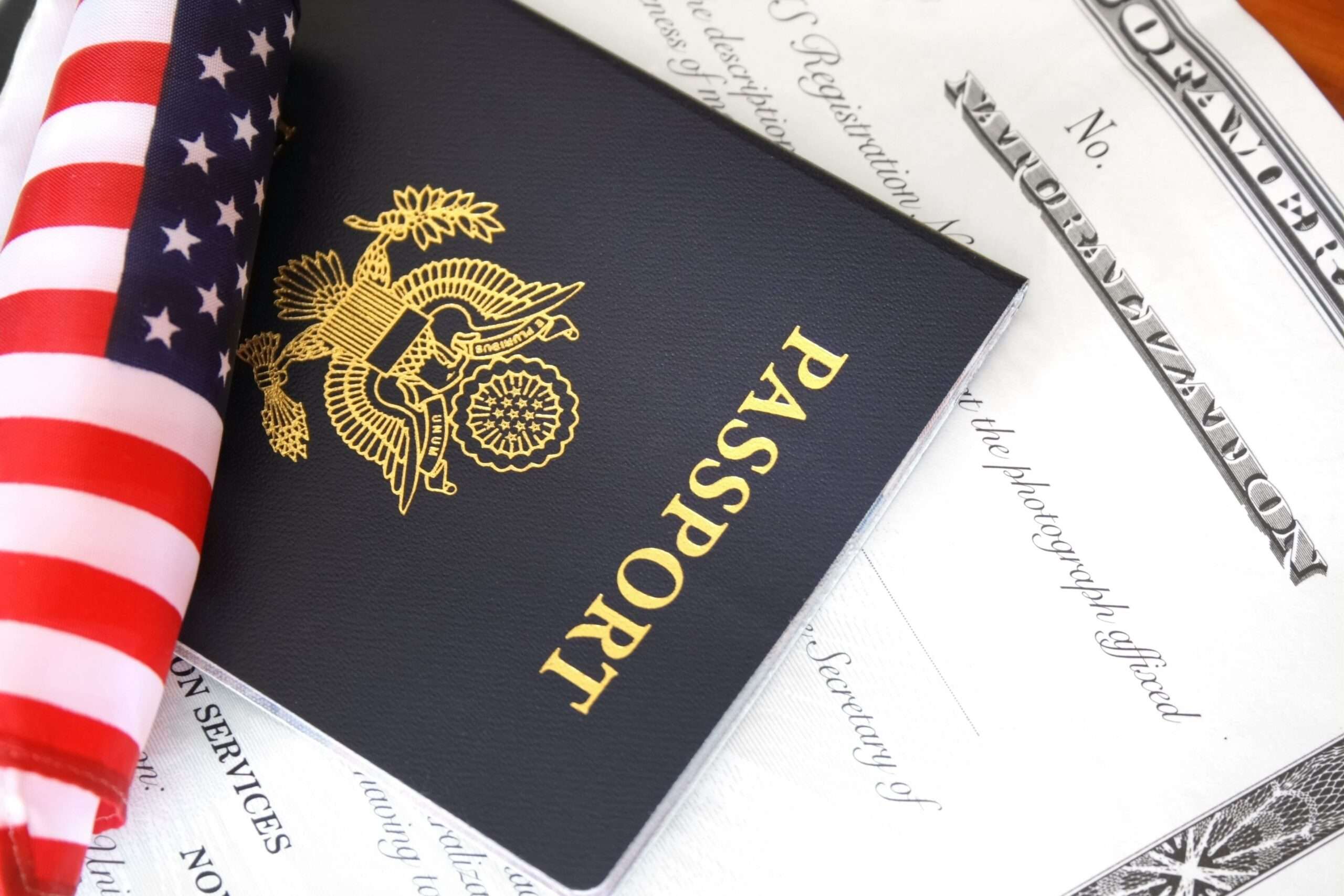Ever wonder what immigration civil surgeons do? In this article, you will be informed about the different things you need to know about U.S. Citizenship and Immigration Services (USCIS) civil surgeons.
Civil surgeons are doctors who evaluate immigrants, particularly those who are applying for permanent resident status, adjustment of status, or certain visas. They are certified doctors with at least four years of experience in their chosen field.
Kindly note that outside of immigration physical examinations, a civil surgeon may or may not specialize in doing surgery. These examinations do not include surgery. However, communicable disease tests, COVID-19 vaccine and other vaccines, and a mental and physical assessment are all included. The USCIS will not accept any medical examination results not performed by authorized civil surgeons and panel physicians.
The doctor providing the exam is responsible for ensuring that the exam meets all of the rules set out by the Centers for Disease Control and Prevention (CDC). To operate as a civil surgeon, doctors must be approved by the USCIS. But what do civil surgeons do and what expectations should you have for these USCIS certified doctors?
Two Types of Immigration Doctors
Remember that the green card medical exam can only be performed by two types of doctors. Which one is best for you depends on where you’re applying from:
- If you’re applying from within the United States, you’ll meet with a civil surgeon who has been designated by USCIS. For civil surgeon visits, a form i-693 (Report of medical examination and vaccination record) has to be completed.
- If you’re applying from another country, you’ll meet with a panel physician in that country who has been approved by the US Department of State. For panel physician visits, form DS-3025 has to be completed.
Roles of a Civil Surgeon
In different cases, an applicant may be needed to have a medical examination depending on the immigration benefit they want to have. Remember that a USCIS Civil Surgeon is the only accredited physician to do the immigration medical examination or green card medical exam for US-based applicants. With this, civil surgeon roles need to comprehensively examine the green card applicant. The examination may include :
- A thorough examination of a person’s medical history, including hospitalizations, diseases, drug usage, psychological problems, and unstable behavior.
- A study of other data, such as police reports or school records, that may provide additional health-related information
- A physical and mental exam is designed to detect some serious illnesses.
- Vaccination administration
Any conditions identified during the immigration medical examination are not treated by civil surgeons. If necessary, immigration applicants should consult a doctor following the exam.
As civil surgeons, the USCIS requires them to look for Class A and B conditions.
Class A conditions are not eligible for acceptance to the United States:
- Infectious diseases of public health concern, such as tuberculosis, leprosy, or syphilis
- Medical examination and vaccination records are missing for age 10 and above
- Mental health conditions with a history of destructive conduct that might resurface
- Addiction to drugs
Class B conditions, on the other hand, include conditions that are challenging for the applicant, as these may affect their ability to work or function well. These conditions usually require medical attention.
Please note that the USCIS civil surgeons do not determine if the applicant is eligible for the green card. Civil surgeons are only responsible for the applicant’s medical exam.
How to Become a Civil Surgeon?
If you want to become a civil surgeon, you must be a licensed doctor. You could either be a doctor of medicine degree (MD) or a doctor of osteopathic medicine degree (DO). You must also fill out Form I-910, Application for Civil Surgeon Designation.
One can apply to become a U.S. government civil surgeon, a filing fee is required for certification as well as verification of the following:
- Citizenship or immigration status
- Valid medical license (as proof of medicine practice)
- Certification of employment
- Proof of medical degree
NOTE FROM USCIS: There is a restricted number of blanket categories that may not require physicians to apply for civil surgeon status. See the USCIS Policy Manual’s Blanket Civil Surgeon Designation Guidance for additional details.
You may also visit USCIS Designated Civil Surgeons to know more about the educational and seminar processes of becoming a civil surgeon. For all currently designated USCIS civil surgeons, you may also send an inquiry to the following channels for specific concerns:
- Immigration-related questions, such as how to complete Form I-693 (a requirement for a form i-485 application to be approved): Send a message to USCIS at opscivilsurgeons@uscis.dhs.gov
- Medical question about the immigration medical examination or CDC’s Technical Instructions: Send a message to CDC
- For general inquiries concerning civil surgeon designation, the application process, or a pending application, call the USCIS Contact Center at (1-800-375-5283).
Things to know about Panel Physicians
The local U.S. embassy or consulate in a particular country appoints panel physicians. These are medically trained, licensed, and experienced medical professionals who practice abroad.
Contact the consular or visa office for the most up-to-date list of panel physicians for a given US Embassy or Consulate. The Department of State website has further information about the US embassy and consulate, including contact information for these divisions.
Panel physicians should make sure that the applicant is the actual person appearing for the medical examination.
Here are some of the responsibilities of a panel physician:
- The panel physician is in charge of the whole immigration medical exam and vaccination requirements. This includes obligatory x-ray and any laboratory tests if required.
- The panel physician is in charge of reporting all needed tests and consultations. They should also ensure that the medical reports are complete and forwarded immediately to the consular officer in a sealed envelope.
- Panel physicians do not determine if the applicant is eligible for the green card. They are only responsible for the applicant’s medical exam and for submitting forms to the consular officer.
For general inquiries concerning panel physician designation, you may visit CDC’s website for more information.










